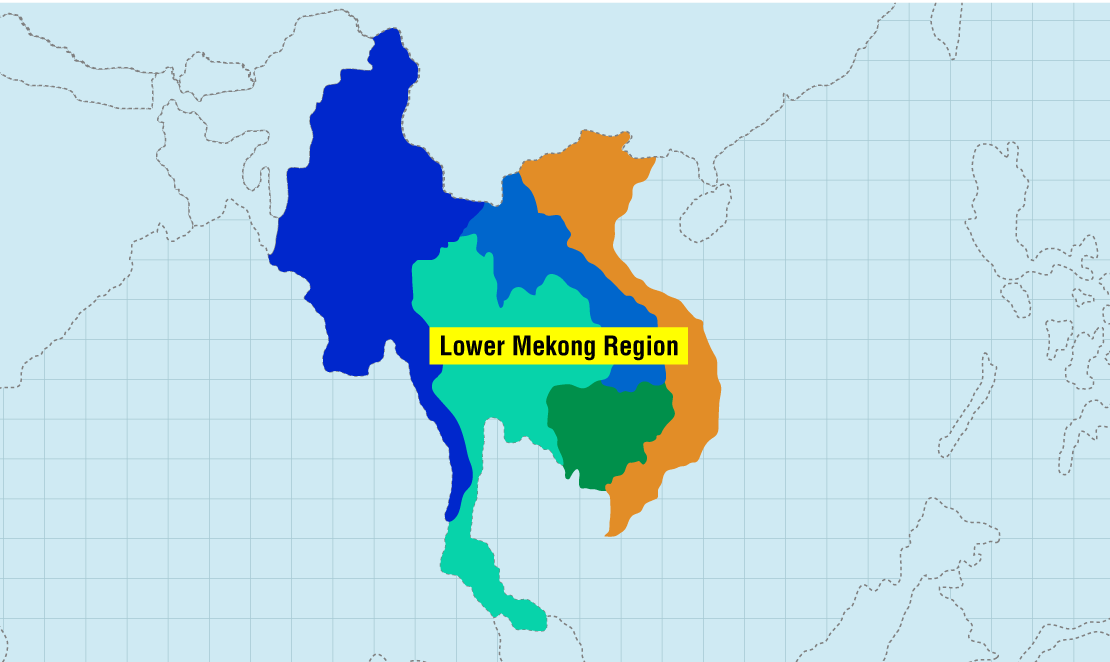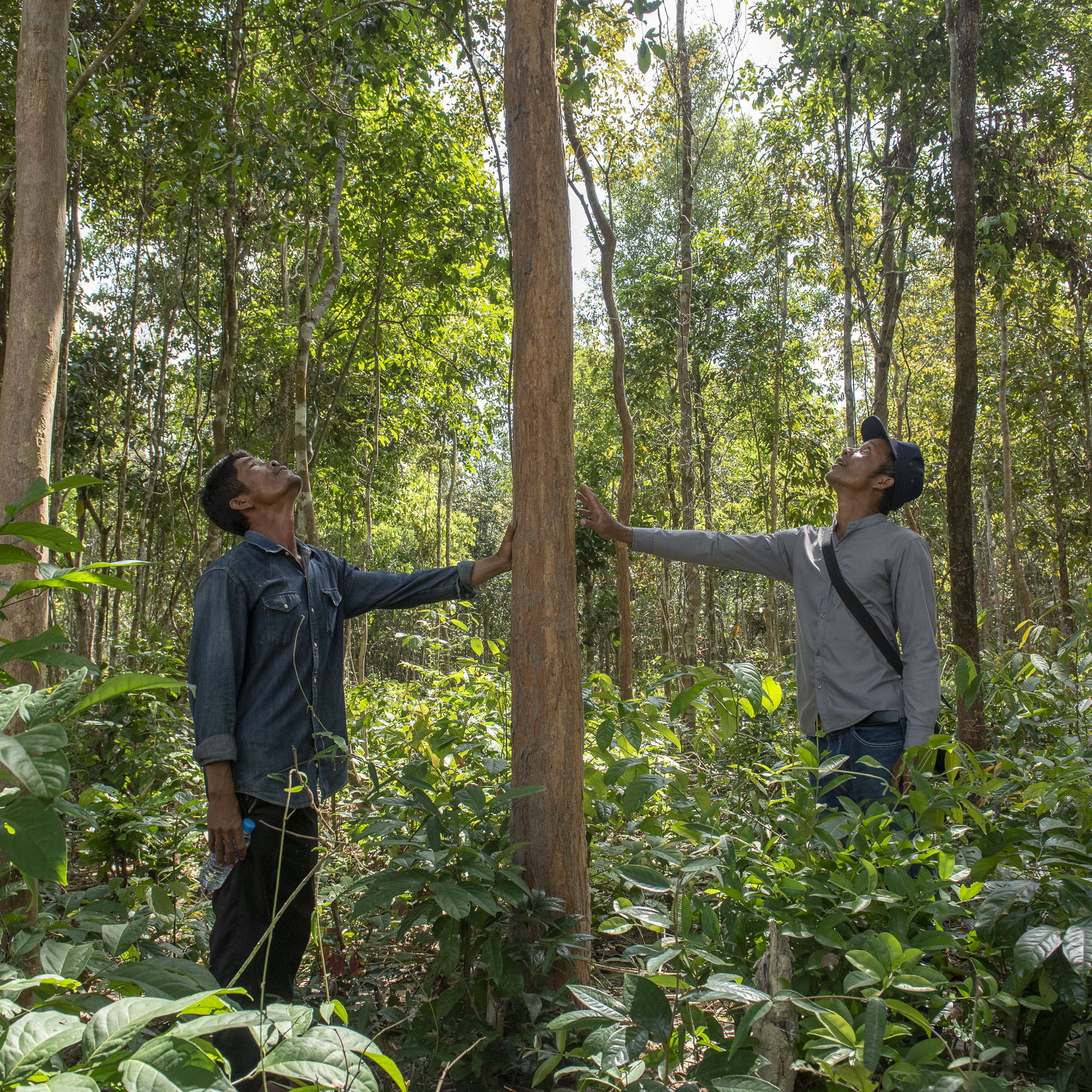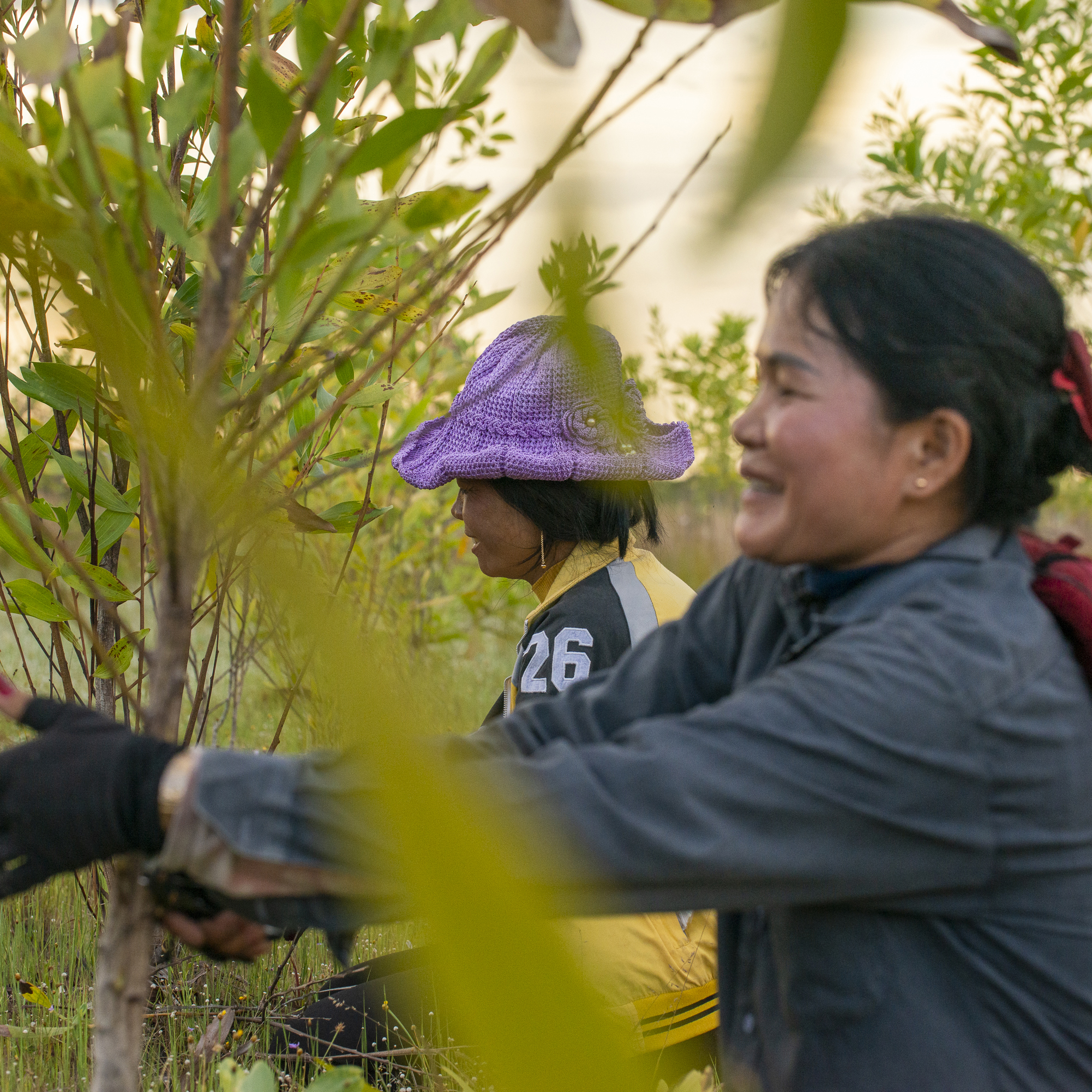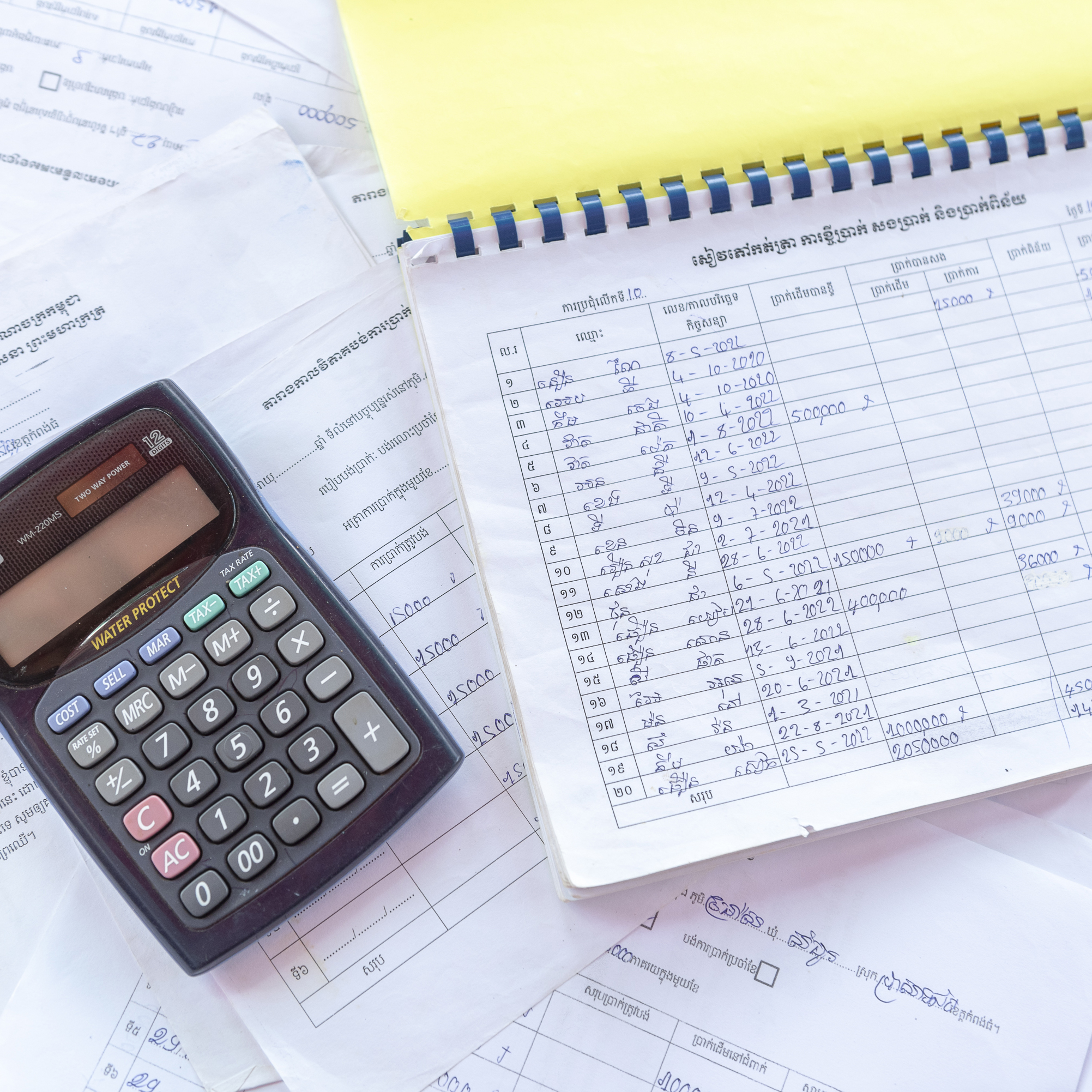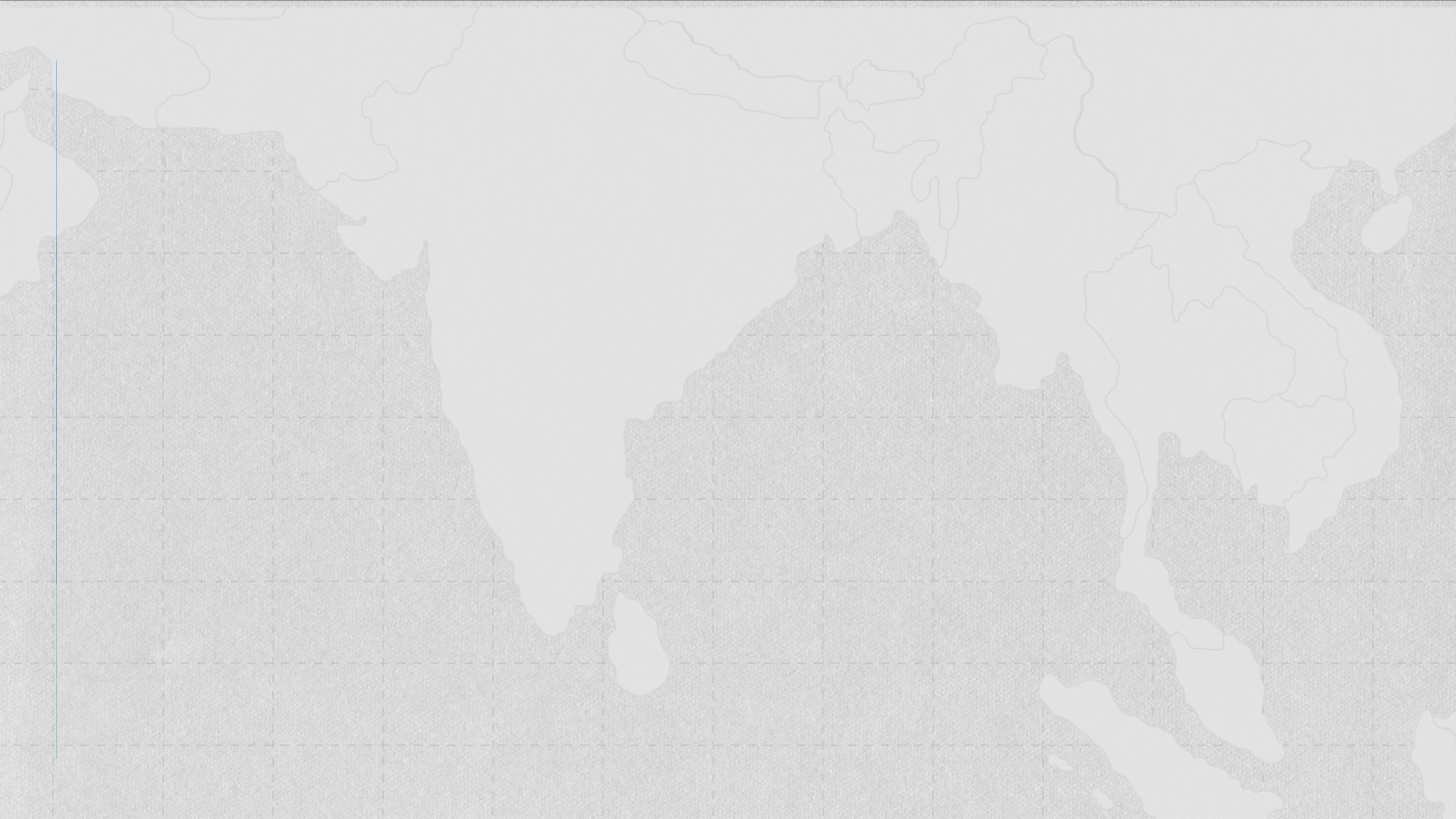Warning: Undefined array key "sources" in lazy_preprocess_responsive_image() (line 264 of modules/contrib/lazy/lazy.module). lazy_preprocess_responsive_image(Array, 'responsive_image', Array)
call_user_func_array('lazy_preprocess_responsive_image', Array) (Line: 285)
Drupal\Core\Theme\ThemeManager->render('responsive_image', Array) (Line: 445)
Drupal\Core\Render\Renderer->doRender(Array, ) (Line: 204)
Drupal\Core\Render\Renderer->render(Array) (Line: 474)
Drupal\Core\Template\TwigExtension->escapeFilter(Object, Array, 'html', NULL, 1) (Line: 50)
__TwigTemplate_d2e61522b30e68724cfc229e51058e3d->doDisplay(Array, Array) (Line: 394)
Twig\Template->displayWithErrorHandling(Array, Array) (Line: 367)
Twig\Template->display(Array) (Line: 379)
Twig\Template->render(Array, Array) (Line: 40)
Twig\TemplateWrapper->render(Array) (Line: 53)
twig_render_template('core/modules/responsive_image/templates/responsive-image-formatter.html.twig', Array) (Line: 372)
Drupal\Core\Theme\ThemeManager->render('responsive_image_formatter', Array) (Line: 445)
Drupal\Core\Render\Renderer->doRender(Array, ) (Line: 204)
Drupal\Core\Render\Renderer->render(Array) (Line: 474)
Drupal\Core\Template\TwigExtension->escapeFilter(Object, Array, 'html', NULL, 1) (Line: 44)
__TwigTemplate_33fe4565f1c2c00749cdd58af6bfea88->doDisplay(Array, Array) (Line: 394)
Twig\Template->displayWithErrorHandling(Array, Array) (Line: 367)
Twig\Template->display(Array) (Line: 379)
Twig\Template->render(Array, Array) (Line: 40)
Twig\TemplateWrapper->render(Array) (Line: 53)
twig_render_template('themes/custom/unredd/templates/storytelling/story-cover/field--media--field-media-image--image.html.twig', Array) (Line: 372)
Drupal\Core\Theme\ThemeManager->render('field', Array) (Line: 445)
Drupal\Core\Render\Renderer->doRender(Array) (Line: 458)
Drupal\Core\Render\Renderer->doRender(Array, ) (Line: 204)
Drupal\Core\Render\Renderer->render(Array) (Line: 474)
Drupal\Core\Template\TwigExtension->escapeFilter(Object, Array, 'html', NULL, 1) (Line: 56)
__TwigTemplate_619f8bc0bcff72e6b22821c9f572c32c->doDisplay(Array, Array) (Line: 394)
Twig\Template->displayWithErrorHandling(Array, Array) (Line: 367)
Twig\Template->display(Array) (Line: 379)
Twig\Template->render(Array, Array) (Line: 40)
Twig\TemplateWrapper->render(Array) (Line: 53)
twig_render_template('themes/contrib/radix/templates/content/media.html.twig', Array) (Line: 372)
Drupal\Core\Theme\ThemeManager->render('media', Array) (Line: 445)
Drupal\Core\Render\Renderer->doRender(Array, ) (Line: 204)
Drupal\Core\Render\Renderer->render(Array) (Line: 474)
Drupal\Core\Template\TwigExtension->escapeFilter(Object, Array, 'html', NULL, 1) (Line: 80)
__TwigTemplate_0419d3d93a4ad3e12f4f424b58678310->doDisplay(Array, Array) (Line: 394)
Twig\Template->displayWithErrorHandling(Array, Array) (Line: 367)
Twig\Template->display(Array) (Line: 379)
Twig\Template->render(Array, Array) (Line: 40)
Twig\TemplateWrapper->render(Array) (Line: 53)
twig_render_template('themes/custom/unredd/src/patterns/hero/pattern-hero.html.twig', Array) (Line: 372)
Drupal\Core\Theme\ThemeManager->render('pattern_hero', Array) (Line: 445)
Drupal\Core\Render\Renderer->doRender(Array, ) (Line: 204)
Drupal\Core\Render\Renderer->render(Array) (Line: 474)
Drupal\Core\Template\TwigExtension->escapeFilter(Object, Array, 'html', NULL, 1) (Line: 65)
__TwigTemplate_e14c54f6a03db25d6bf9f60e271046c9->block_content(Array, Array) (Line: 171)
Twig\Template->displayBlock('content', Array, Array) (Line: 53)
__TwigTemplate_e14c54f6a03db25d6bf9f60e271046c9->doDisplay(Array, Array) (Line: 394)
Twig\Template->displayWithErrorHandling(Array, Array) (Line: 367)
Twig\Template->display(Array) (Line: 379)
Twig\Template->render(Array, Array) (Line: 40)
Twig\TemplateWrapper->render(Array) (Line: 53)
twig_render_template('themes/custom/tbf_base_theme/templates/block/block--pattern-block.html.twig', Array) (Line: 372)
Drupal\Core\Theme\ThemeManager->render('block', Array) (Line: 445)
Drupal\Core\Render\Renderer->doRender(Array) (Line: 458)
Drupal\Core\Render\Renderer->doRender(Array, ) (Line: 204)
Drupal\Core\Render\Renderer->render(Array) (Line: 474)
Drupal\Core\Template\TwigExtension->escapeFilter(Object, Array, 'html', NULL, 1) (Line: 71)
__TwigTemplate_0f332b422913c7c54c24247ef9eeef8e->doDisplay(Array, Array) (Line: 394)
Twig\Template->displayWithErrorHandling(Array, Array) (Line: 367)
Twig\Template->display(Array) (Line: 379)
Twig\Template->render(Array, Array) (Line: 40)
Twig\TemplateWrapper->render(Array) (Line: 53)
twig_render_template('modules/contrib/bootstrap_layout_builder/templates/blb-section.html.twig', Array) (Line: 372)
Drupal\Core\Theme\ThemeManager->render('blb_section', Array) (Line: 445)
Drupal\Core\Render\Renderer->doRender(Array) (Line: 458)
Drupal\Core\Render\Renderer->doRender(Array) (Line: 458)
Drupal\Core\Render\Renderer->doRender(Array, ) (Line: 204)
Drupal\Core\Render\Renderer->render(Array) (Line: 474)
Drupal\Core\Template\TwigExtension->escapeFilter(Object, Array, 'html', NULL, 1) (Line: 73)
__TwigTemplate_e3dbd5407a6188c3dab429b368068d79->block_content(Array, Array) (Line: 171)
Twig\Template->displayBlock('content', Array, Array) (Line: 61)
__TwigTemplate_e3dbd5407a6188c3dab429b368068d79->doDisplay(Array, Array) (Line: 394)
Twig\Template->displayWithErrorHandling(Array, Array) (Line: 367)
Twig\Template->display(Array, Array) (Line: 43)
__TwigTemplate_9f2dc102b193709e9d9234b2fd21f4f5->doDisplay(Array, Array) (Line: 394)
Twig\Template->displayWithErrorHandling(Array, Array) (Line: 367)
Twig\Template->display(Array) (Line: 379)
Twig\Template->render(Array, Array) (Line: 40)
Twig\TemplateWrapper->render(Array) (Line: 53)
twig_render_template('themes/custom/unredd/templates/content/node.html.twig', Array) (Line: 372)
Drupal\Core\Theme\ThemeManager->render('node', Array) (Line: 445)
Drupal\Core\Render\Renderer->doRender(Array, ) (Line: 204)
Drupal\Core\Render\Renderer->render(Array, ) (Line: 238)
Drupal\Core\Render\MainContent\HtmlRenderer->Drupal\Core\Render\MainContent\{closure}() (Line: 592)
Drupal\Core\Render\Renderer->executeInRenderContext(Object, Object) (Line: 239)
Drupal\Core\Render\MainContent\HtmlRenderer->prepare(Array, Object, Object) (Line: 128)
Drupal\Core\Render\MainContent\HtmlRenderer->renderResponse(Array, Object, Object) (Line: 90)
Drupal\Core\EventSubscriber\MainContentViewSubscriber->onViewRenderArray(Object, 'kernel.view', Object)
call_user_func(Array, Object, 'kernel.view', Object) (Line: 111)
Drupal\Component\EventDispatcher\ContainerAwareEventDispatcher->dispatch(Object, 'kernel.view') (Line: 186)
Symfony\Component\HttpKernel\HttpKernel->handleRaw(Object, 1) (Line: 76)
Symfony\Component\HttpKernel\HttpKernel->handle(Object, 1, 1) (Line: 58)
Drupal\Core\StackMiddleware\Session->handle(Object, 1, 1) (Line: 48)
Drupal\Core\StackMiddleware\KernelPreHandle->handle(Object, 1, 1) (Line: 191)
Drupal\page_cache\StackMiddleware\PageCache->fetch(Object, 1, 1) (Line: 128)
Drupal\page_cache\StackMiddleware\PageCache->lookup(Object, 1, 1) (Line: 82)
Drupal\page_cache\StackMiddleware\PageCache->handle(Object, 1, 1) (Line: 48)
Drupal\Core\StackMiddleware\ReverseProxyMiddleware->handle(Object, 1, 1) (Line: 51)
Drupal\Core\StackMiddleware\NegotiationMiddleware->handle(Object, 1, 1) (Line: 51)
Drupal\Core\StackMiddleware\StackedHttpKernel->handle(Object, 1, 1) (Line: 704)
Drupal\Core\DrupalKernel->handle(Object) (Line: 19)
Warning: foreach() argument must be of type array|object, null given in lazy_preprocess_responsive_image() (line 264 of modules/contrib/lazy/lazy.module). lazy_preprocess_responsive_image(Array, 'responsive_image', Array)
call_user_func_array('lazy_preprocess_responsive_image', Array) (Line: 285)
Drupal\Core\Theme\ThemeManager->render('responsive_image', Array) (Line: 445)
Drupal\Core\Render\Renderer->doRender(Array, ) (Line: 204)
Drupal\Core\Render\Renderer->render(Array) (Line: 474)
Drupal\Core\Template\TwigExtension->escapeFilter(Object, Array, 'html', NULL, 1) (Line: 50)
__TwigTemplate_d2e61522b30e68724cfc229e51058e3d->doDisplay(Array, Array) (Line: 394)
Twig\Template->displayWithErrorHandling(Array, Array) (Line: 367)
Twig\Template->display(Array) (Line: 379)
Twig\Template->render(Array, Array) (Line: 40)
Twig\TemplateWrapper->render(Array) (Line: 53)
twig_render_template('core/modules/responsive_image/templates/responsive-image-formatter.html.twig', Array) (Line: 372)
Drupal\Core\Theme\ThemeManager->render('responsive_image_formatter', Array) (Line: 445)
Drupal\Core\Render\Renderer->doRender(Array, ) (Line: 204)
Drupal\Core\Render\Renderer->render(Array) (Line: 474)
Drupal\Core\Template\TwigExtension->escapeFilter(Object, Array, 'html', NULL, 1) (Line: 44)
__TwigTemplate_33fe4565f1c2c00749cdd58af6bfea88->doDisplay(Array, Array) (Line: 394)
Twig\Template->displayWithErrorHandling(Array, Array) (Line: 367)
Twig\Template->display(Array) (Line: 379)
Twig\Template->render(Array, Array) (Line: 40)
Twig\TemplateWrapper->render(Array) (Line: 53)
twig_render_template('themes/custom/unredd/templates/storytelling/story-cover/field--media--field-media-image--image.html.twig', Array) (Line: 372)
Drupal\Core\Theme\ThemeManager->render('field', Array) (Line: 445)
Drupal\Core\Render\Renderer->doRender(Array) (Line: 458)
Drupal\Core\Render\Renderer->doRender(Array, ) (Line: 204)
Drupal\Core\Render\Renderer->render(Array) (Line: 474)
Drupal\Core\Template\TwigExtension->escapeFilter(Object, Array, 'html', NULL, 1) (Line: 56)
__TwigTemplate_619f8bc0bcff72e6b22821c9f572c32c->doDisplay(Array, Array) (Line: 394)
Twig\Template->displayWithErrorHandling(Array, Array) (Line: 367)
Twig\Template->display(Array) (Line: 379)
Twig\Template->render(Array, Array) (Line: 40)
Twig\TemplateWrapper->render(Array) (Line: 53)
twig_render_template('themes/contrib/radix/templates/content/media.html.twig', Array) (Line: 372)
Drupal\Core\Theme\ThemeManager->render('media', Array) (Line: 445)
Drupal\Core\Render\Renderer->doRender(Array, ) (Line: 204)
Drupal\Core\Render\Renderer->render(Array) (Line: 474)
Drupal\Core\Template\TwigExtension->escapeFilter(Object, Array, 'html', NULL, 1) (Line: 80)
__TwigTemplate_0419d3d93a4ad3e12f4f424b58678310->doDisplay(Array, Array) (Line: 394)
Twig\Template->displayWithErrorHandling(Array, Array) (Line: 367)
Twig\Template->display(Array) (Line: 379)
Twig\Template->render(Array, Array) (Line: 40)
Twig\TemplateWrapper->render(Array) (Line: 53)
twig_render_template('themes/custom/unredd/src/patterns/hero/pattern-hero.html.twig', Array) (Line: 372)
Drupal\Core\Theme\ThemeManager->render('pattern_hero', Array) (Line: 445)
Drupal\Core\Render\Renderer->doRender(Array, ) (Line: 204)
Drupal\Core\Render\Renderer->render(Array) (Line: 474)
Drupal\Core\Template\TwigExtension->escapeFilter(Object, Array, 'html', NULL, 1) (Line: 65)
__TwigTemplate_e14c54f6a03db25d6bf9f60e271046c9->block_content(Array, Array) (Line: 171)
Twig\Template->displayBlock('content', Array, Array) (Line: 53)
__TwigTemplate_e14c54f6a03db25d6bf9f60e271046c9->doDisplay(Array, Array) (Line: 394)
Twig\Template->displayWithErrorHandling(Array, Array) (Line: 367)
Twig\Template->display(Array) (Line: 379)
Twig\Template->render(Array, Array) (Line: 40)
Twig\TemplateWrapper->render(Array) (Line: 53)
twig_render_template('themes/custom/tbf_base_theme/templates/block/block--pattern-block.html.twig', Array) (Line: 372)
Drupal\Core\Theme\ThemeManager->render('block', Array) (Line: 445)
Drupal\Core\Render\Renderer->doRender(Array) (Line: 458)
Drupal\Core\Render\Renderer->doRender(Array, ) (Line: 204)
Drupal\Core\Render\Renderer->render(Array) (Line: 474)
Drupal\Core\Template\TwigExtension->escapeFilter(Object, Array, 'html', NULL, 1) (Line: 71)
__TwigTemplate_0f332b422913c7c54c24247ef9eeef8e->doDisplay(Array, Array) (Line: 394)
Twig\Template->displayWithErrorHandling(Array, Array) (Line: 367)
Twig\Template->display(Array) (Line: 379)
Twig\Template->render(Array, Array) (Line: 40)
Twig\TemplateWrapper->render(Array) (Line: 53)
twig_render_template('modules/contrib/bootstrap_layout_builder/templates/blb-section.html.twig', Array) (Line: 372)
Drupal\Core\Theme\ThemeManager->render('blb_section', Array) (Line: 445)
Drupal\Core\Render\Renderer->doRender(Array) (Line: 458)
Drupal\Core\Render\Renderer->doRender(Array) (Line: 458)
Drupal\Core\Render\Renderer->doRender(Array, ) (Line: 204)
Drupal\Core\Render\Renderer->render(Array) (Line: 474)
Drupal\Core\Template\TwigExtension->escapeFilter(Object, Array, 'html', NULL, 1) (Line: 73)
__TwigTemplate_e3dbd5407a6188c3dab429b368068d79->block_content(Array, Array) (Line: 171)
Twig\Template->displayBlock('content', Array, Array) (Line: 61)
__TwigTemplate_e3dbd5407a6188c3dab429b368068d79->doDisplay(Array, Array) (Line: 394)
Twig\Template->displayWithErrorHandling(Array, Array) (Line: 367)
Twig\Template->display(Array, Array) (Line: 43)
__TwigTemplate_9f2dc102b193709e9d9234b2fd21f4f5->doDisplay(Array, Array) (Line: 394)
Twig\Template->displayWithErrorHandling(Array, Array) (Line: 367)
Twig\Template->display(Array) (Line: 379)
Twig\Template->render(Array, Array) (Line: 40)
Twig\TemplateWrapper->render(Array) (Line: 53)
twig_render_template('themes/custom/unredd/templates/content/node.html.twig', Array) (Line: 372)
Drupal\Core\Theme\ThemeManager->render('node', Array) (Line: 445)
Drupal\Core\Render\Renderer->doRender(Array, ) (Line: 204)
Drupal\Core\Render\Renderer->render(Array, ) (Line: 238)
Drupal\Core\Render\MainContent\HtmlRenderer->Drupal\Core\Render\MainContent\{closure}() (Line: 592)
Drupal\Core\Render\Renderer->executeInRenderContext(Object, Object) (Line: 239)
Drupal\Core\Render\MainContent\HtmlRenderer->prepare(Array, Object, Object) (Line: 128)
Drupal\Core\Render\MainContent\HtmlRenderer->renderResponse(Array, Object, Object) (Line: 90)
Drupal\Core\EventSubscriber\MainContentViewSubscriber->onViewRenderArray(Object, 'kernel.view', Object)
call_user_func(Array, Object, 'kernel.view', Object) (Line: 111)
Drupal\Component\EventDispatcher\ContainerAwareEventDispatcher->dispatch(Object, 'kernel.view') (Line: 186)
Symfony\Component\HttpKernel\HttpKernel->handleRaw(Object, 1) (Line: 76)
Symfony\Component\HttpKernel\HttpKernel->handle(Object, 1, 1) (Line: 58)
Drupal\Core\StackMiddleware\Session->handle(Object, 1, 1) (Line: 48)
Drupal\Core\StackMiddleware\KernelPreHandle->handle(Object, 1, 1) (Line: 191)
Drupal\page_cache\StackMiddleware\PageCache->fetch(Object, 1, 1) (Line: 128)
Drupal\page_cache\StackMiddleware\PageCache->lookup(Object, 1, 1) (Line: 82)
Drupal\page_cache\StackMiddleware\PageCache->handle(Object, 1, 1) (Line: 48)
Drupal\Core\StackMiddleware\ReverseProxyMiddleware->handle(Object, 1, 1) (Line: 51)
Drupal\Core\StackMiddleware\NegotiationMiddleware->handle(Object, 1, 1) (Line: 51)
Drupal\Core\StackMiddleware\StackedHttpKernel->handle(Object, 1, 1) (Line: 704)
Drupal\Core\DrupalKernel->handle(Object) (Line: 19)
